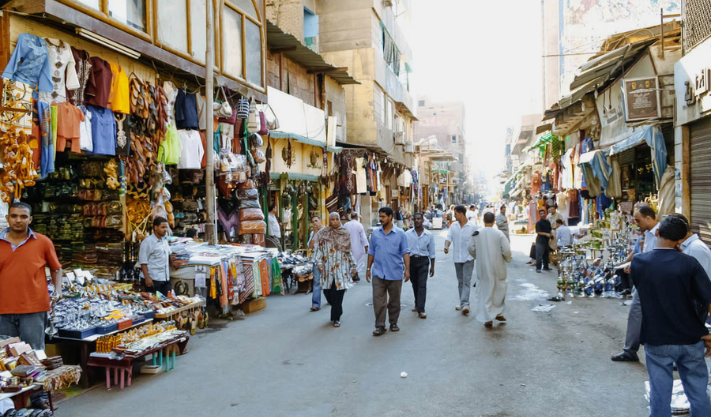Arabian Haircare Rituals: Ancient Secrets for Modern Tresses
The Middle East has long been celebrated for its rich cultural heritage, including the timeless beauty of its people. One of the region’s most enduring symbols of beauty is lustrous, healthy hair. For centuries, women across the Arabian Peninsula have relied on natural remedies and traditional rituals to maintain their tresses, creating practices that are as effective today as they were in the past.
This article delves into the ancient secrets of Arabian haircare and how they can be adapted to modern routines for radiant and resilient locks.
1. The Power of Oils
Arabian women have always understood the power of natural oils to nourish and protect hair. Chief among these is argan oil, often referred to as “liquid gold.” Derived from the kernels of the argan tree, this oil is packed with antioxidants, essential fatty acids, and vitamin E, which hydrate the scalp and strengthen hair strands.
Another staple is sweet almond oil, known for its ability to smooth frizz, promote shine, and protect hair from environmental damage. Combined with essential oils like rosemary or lavender, almond oil is often used as part of weekly treatments to stimulate growth and maintain softness.
2. Henna: A Natural Conditioner
Henna, derived from the Lawsonia inermis plant, is a traditional Middle Eastern remedy that has been used for centuries not only to dye hair but also to strengthen it. Rich in tannins, henna binds to the keratin in hair, creating a protective layer that reduces breakage and enhances shine.
While henna is often associated with its reddish tint, neutral or colorless henna varieties are also popular, offering the conditioning benefits without altering hair color. For best results, women mix henna with ingredients like yogurt or tea to create a nourishing mask.
3. Herbal Infusions for Hair Health
Herbs have played a pivotal role in Arabian haircare rituals. Ingredients like sage, thyme, and fenugreek are steeped in water to create rinses that strengthen hair roots and prevent shedding. Fenugreek, in particular, is a powerhouse, rich in protein and iron, both of which are essential for maintaining thick, healthy hair.
These herbal infusions are applied after washing, providing a boost of nutrients that leave the scalp and strands revitalized.
4. Scalp Massage and Hair Protection
A cornerstone of Arabian haircare is the belief that a healthy scalp leads to healthy hair. Regular scalp massages with oils stimulate blood circulation, encouraging hair growth and improving follicle health. Using gentle circular motions, women dedicate time to this relaxing ritual, often incorporating tools like wooden combs to further stimulate the scalp.
Additionally, Arabian women have long protected their hair from the harsh desert environment by covering it with silk scarves or hijabs. These coverings not only shield hair from the sun and dust but also help retain moisture, preventing dryness and split ends.
5. Modern Adaptations
While these ancient rituals remain effective, modern Arabian women often combine them with contemporary products and tools. For instance, deep-conditioning masks infused with argan oil or henna are widely available in stores, making traditional remedies more accessible.
Incorporating these time-tested techniques into a weekly routine—such as oil treatments, herbal rinses, or scalp massages—can transform modern haircare, yielding strong, shiny, and healthy tresses reminiscent of Arabian beauty icons.
By embracing these rituals, women everywhere can benefit from the wisdom of generations past, ensuring that their hair remains their crowning glory, no matter the era.
Published: 26th November 2024
For more article like this please follow our social media Twitter, Linkedin & Instagram
Also Read:
Middle East Youth Share Their Top Goals for a Sustainable Future
Beyond Oil: How Tourism Helped Saudi Arabia’s Economy Grow
Iraq loses 5.5GW electricity as Iran halts gas deliveries for 15 days





